This article aims to provide valuable information for visitors seeking clarity on the official currency of London and the optimal currency to carry when traveling to the United Kingdom.
By adhering to this article, you will gain invaluable insights and practical money tips to navigate the financial aspects of your London adventure while considering the UK economy and the importance of financial stability.
- What Currency is Used?
- Banknotes and Coins
- Exchange Rates
- How to Exchange
- Cash vs. Credit Card
- Exchange Locations
- Guide to Tipping in London
- FAQs
What Currency Is Used in London, UK?
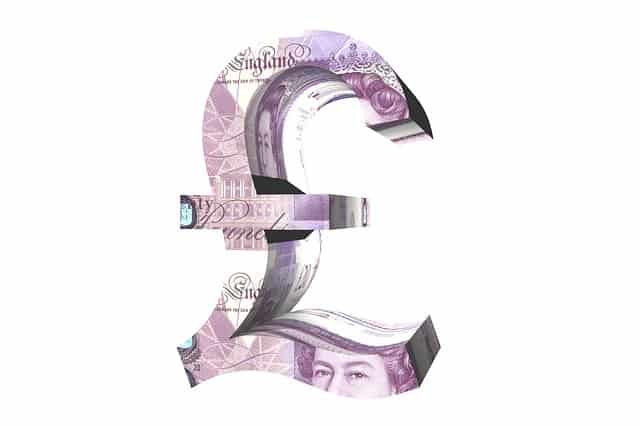
London, the vibrant capital of the United Kingdom, operates on the esteemed British pound as the official currency of the United Kingdom.
The pound sterling, often affectionately called the pound, takes center stage with its distinctive symbol "£." It is divided into 100 pence (p) and regulated by the Central Bank of England.
The pound sterling is the most ancient currency, with its origins dating back to continental Europe.
Denomination of British Banknotes and Coins
In British currency, various banknotes and coins are circulated, catering to various denominations and facilitating everyday transactions. Here are the details:
● Coins: Coins in circulation include 1 penny (1p), 2 pence (2p), 5 pence (5p), 10 pence (10p), 20 pence (20p), 50 pence (50p), £1 (one pound), and £2 (two pounds).
● Banknotes: Banknotes are available in £5, £10, £20, and £50 denominations. The £1 banknote has been phased out and replaced with the £1 coin.
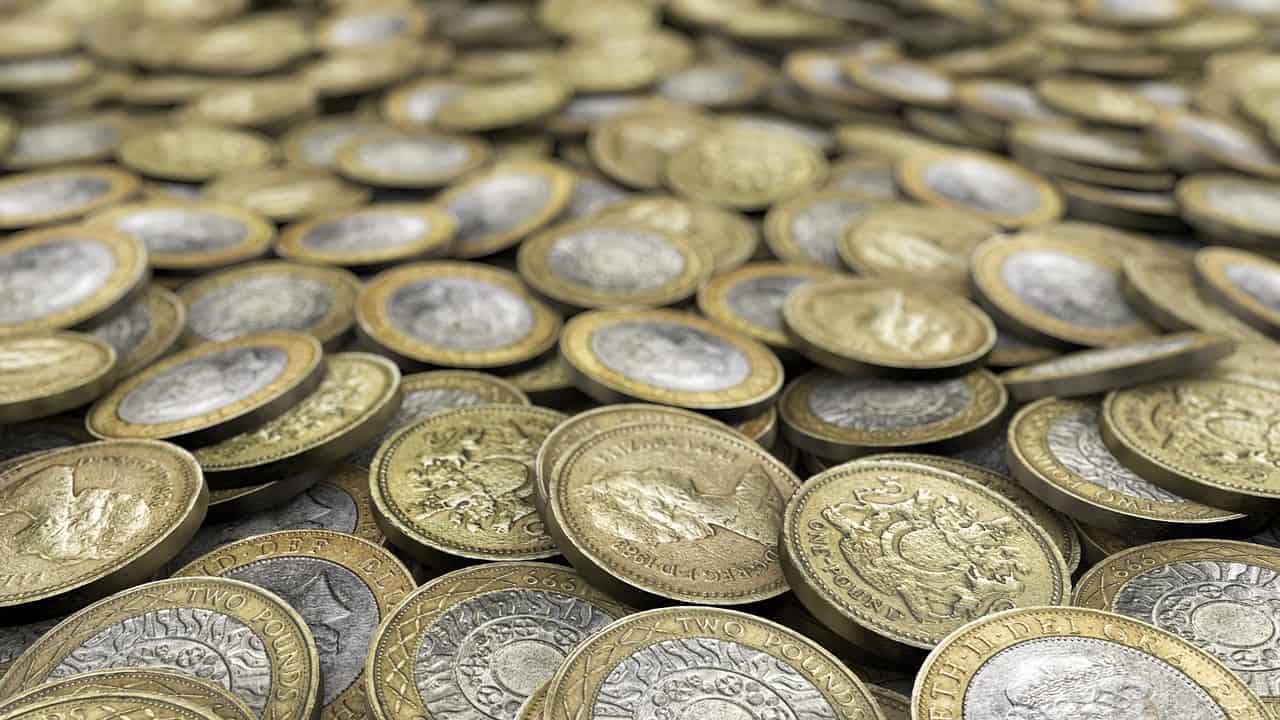
These banknotes and coins serve as a means of monetary exchange and reflect the rich history, culture, and achievements of the United Kingdom.
By familiarizing yourself with the denomination of British banknotes and coins, you'll be well-equipped to navigate the financial landscape of London with confidence and ease.
Exchange Rates for GBP
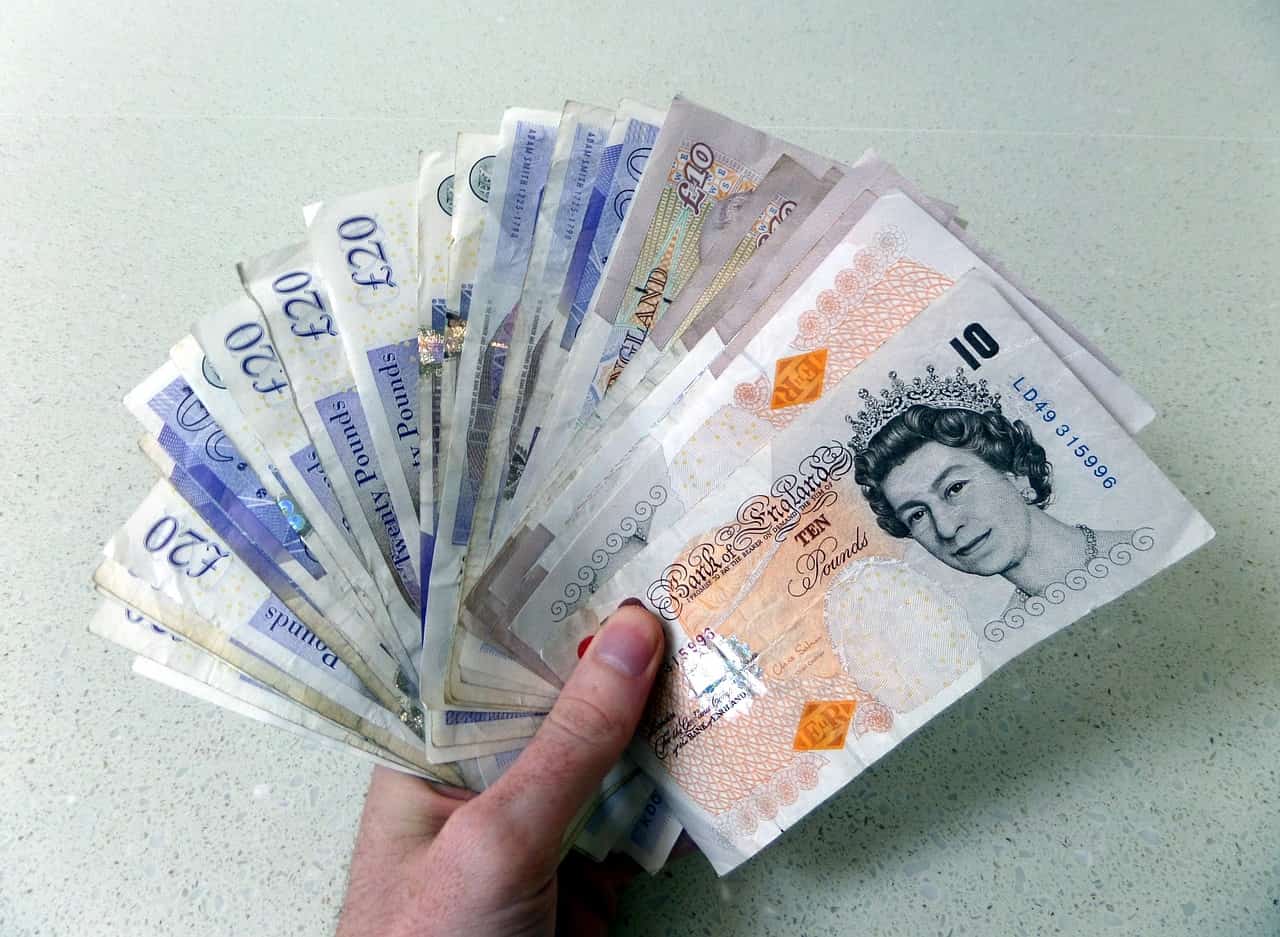
Like all global currencies, the exchange rate for the British pound sterling fluctuates depending on the prevailing financial market conditions.
The most common conversions involve significant currencies such as the Euro (EUR), US dollar (USD), and British pound (GBP).
As of Jan 2024, the following exchange rates apply:
- 1 USD equals approximately 0.79 GBP, and 100 USD equals approximately 79 GBP.
- 1 EUR equals approximately 0.86 GBP, and 100 EUR equals approximately 86 GBP.
Exploring Currency Exchange Options in London, UK
When it comes to exchanging currency in London, there are several options available:
Currency Exchange Offices:
You can find currency exchange offices throughout the city, including popular tourist areas, airports, and shopping districts. Before making a transaction, checking the current exchange rate and any associated fees is advisable.
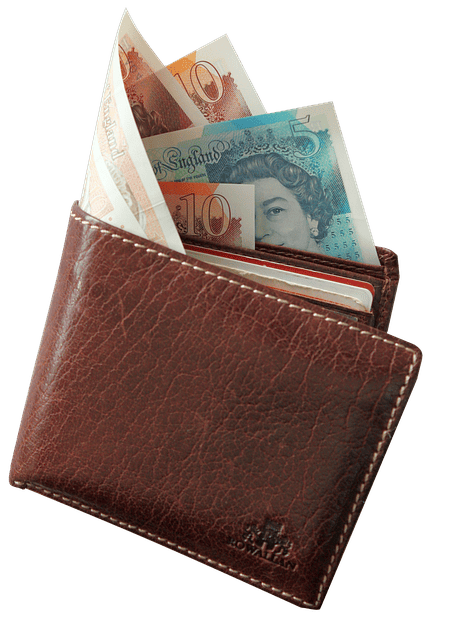
Banks:
Banks often provide competitive exchange rates; some may offer better rates than currency exchange offices. However, it's essential to know that banks may charge a nominal fee for currency exchange services.
Remember that bank opening hours in London typically align with regular business hours, and some banks may have limited services on weekends.
ATMs:
Withdrawing pounds directly from local ATMs is a convenient option. ATMs are widely available in London, making accessing cash in the local currency easy.
However, you must check with your bank beforehand regarding any foreign transaction fees or currency conversion charges that may apply.
Cash vs. Credit Cards
London embraces various payment methods, with credit cards widely accepted, particularly in larger establishments.
However, it is advisable to carry some cash, especially for transactions at smaller businesses, street vendors, or places that may not have card payment facilities.
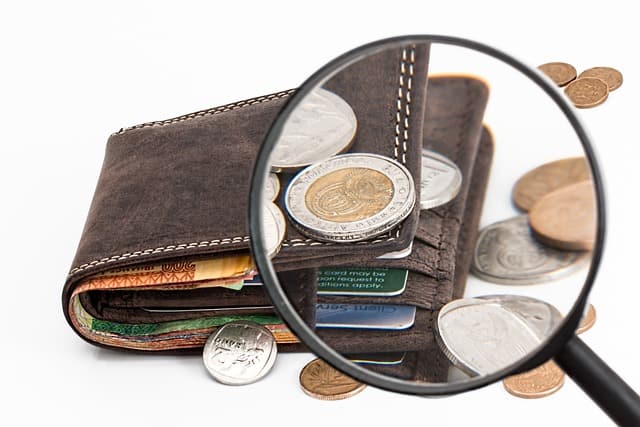
Debit cards can be used as a convenient and secure payment option, offering similar acceptance as credit cards.
When using debit or credit cards, it's essential to take advantage of the robust security features they provide, such as PIN codes, chip technology, and contactless payment limits, to ensure the safety of your transactions.
Contactless payments, including popular options like Apple Pay or Google Pay, have gained popularity in London and are widely accepted across many locations, providing a quick and hassle-free way to make payments while prioritizing convenience and security.
The Best Locations to Exchange Currency in London
These are the three best exchange offices in London, UK, where you can conveniently convert your currency:
Covent Garden FX Exchange
Covent Garden FX Exchange is known for offering competitive exchange rates, allowing customers to maximize the value of their currency conversions.
Located: 30A Jubilee Market Hall, Covent Garden, London WC2E 8BE.
Contact number: +44 020 0724 09921
Website: www.coventgardenfx.com
Thomas Exchange Global
This exchange office provides a comprehensive selection of currencies, allowing customers to exchange various currencies beyond the standard options.
Located: 402 Strand, WC2R 0NE London.
Contact: +44 080 0015 9297
Website: www.thomasexchangeglobal.co.uk
Operating Hours: Monday to Friday, 10 am - 5.30 pm; Saturday, 10 am - 4.00 pm; Sunday: Closed.
ACE-FX
ACE-FX is known for providing efficient and prompt service to its customers. Focusing on customer satisfaction, they aim to process currency exchanges swiftly, ensuring a hassle-free experience for visitors.
Located: Unit 8b, Canada Place, Canary Wharf, London E14 5EQ.
Contact number: +44 020 7719 1313
Website: www.ace-fx.com
Operating Hours: Monday to Friday, 9 am - 5 pm; Saturday and Sunday, 10 am - 4 pm.
FAQS - Frequently Asked Questions
What does the GBP stand for?
GBP stands for Great British Pound. It is derived from the currency's full name, "pound sterling."
What is the difference between a quid and a pound?
In informal British English, the term "quid" is often used to refer to one pound. "quid" and "pound" are interchangeable and represent the same currency unit.
Why is a GBP called a pound?
The Latin word "libra," used as a weight measurement in ancient Rome, is where the word "pound" comes from. The pound as a currency name has been used in various forms throughout British history, dating back to Anglo-Saxon times.
What countries accept GBP?
GBP is accepted in other British territories and Crown dependencies, such as Jersey, the Isle of Man, Gibraltar, the Falkland Islands, and the Channel Islands. Additionally, some overseas territories of the United Kingdom may accept GBP, but acceptance may vary.







